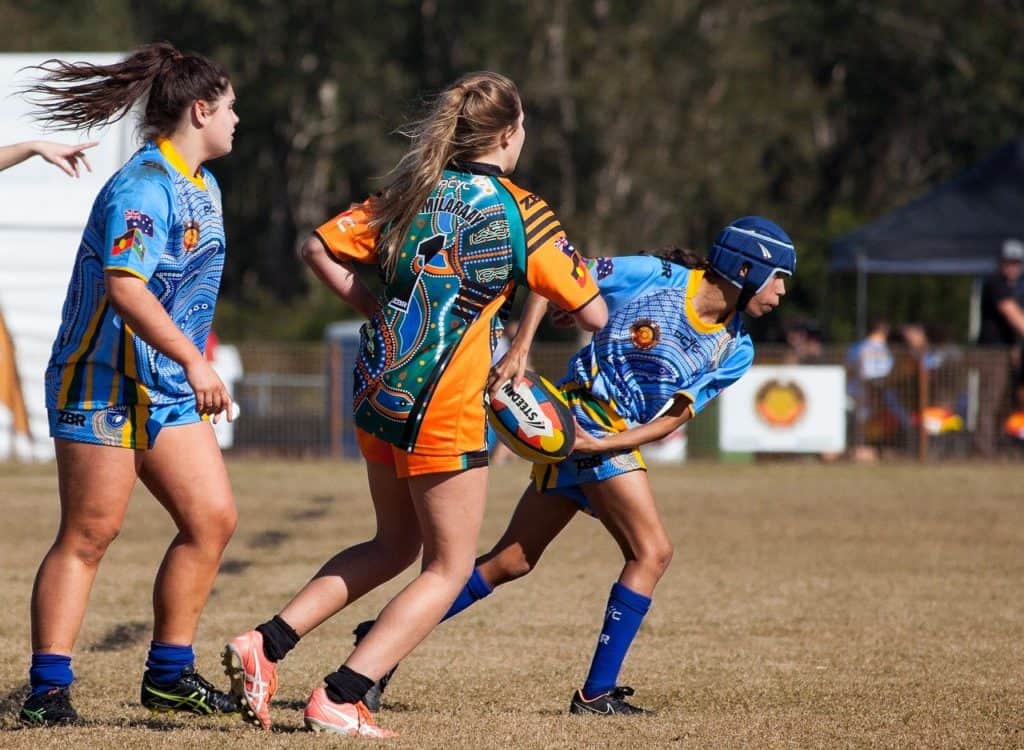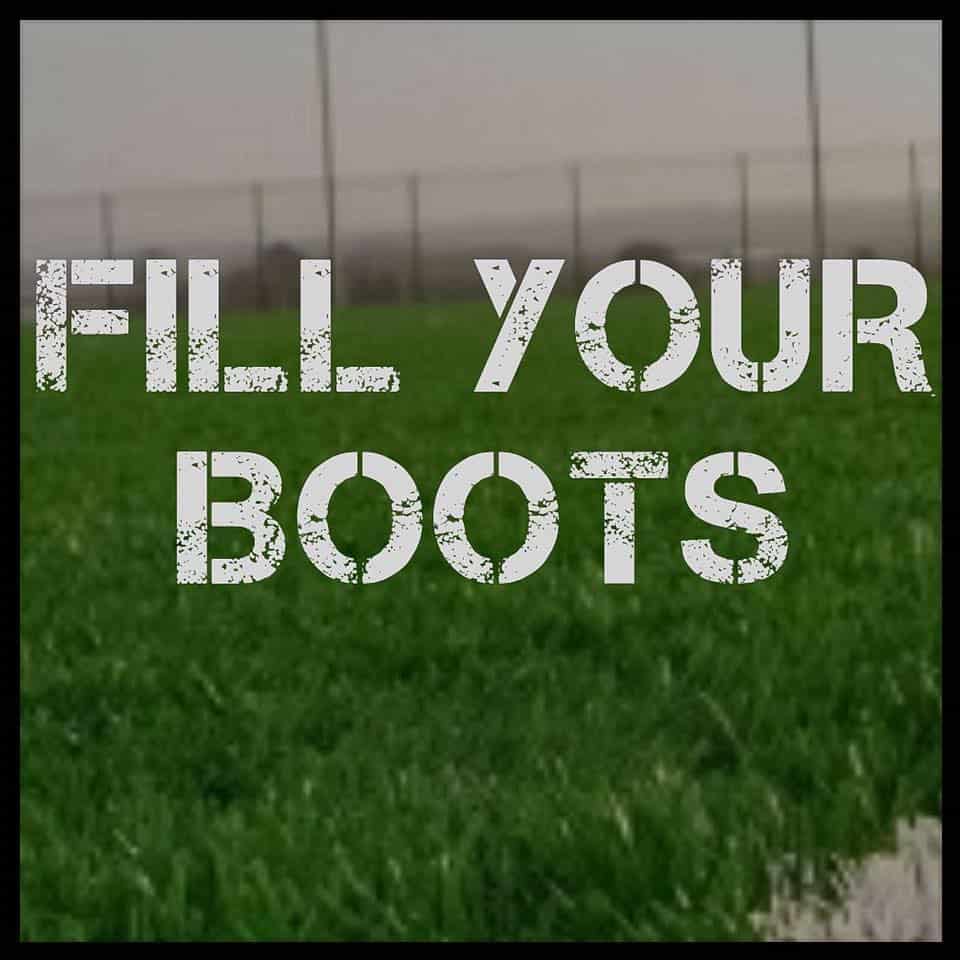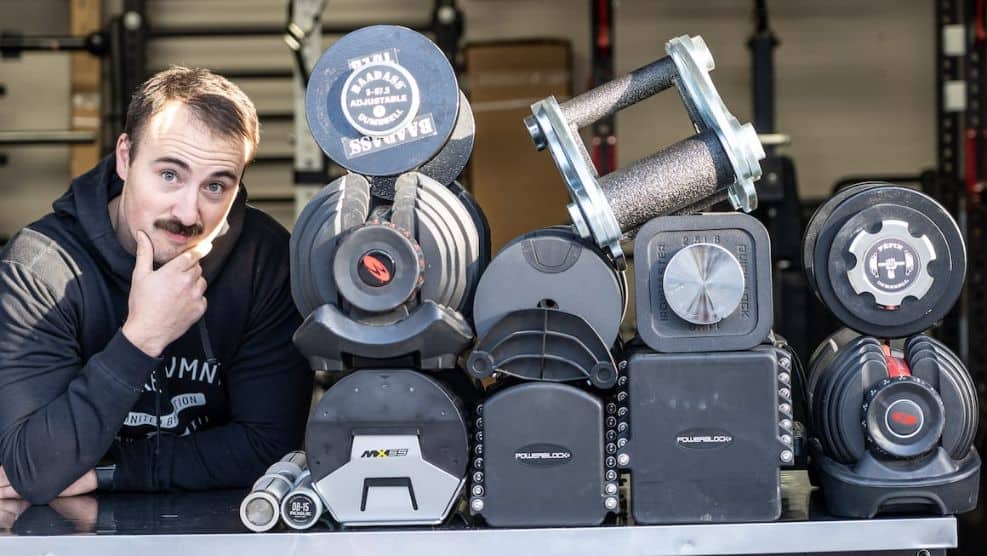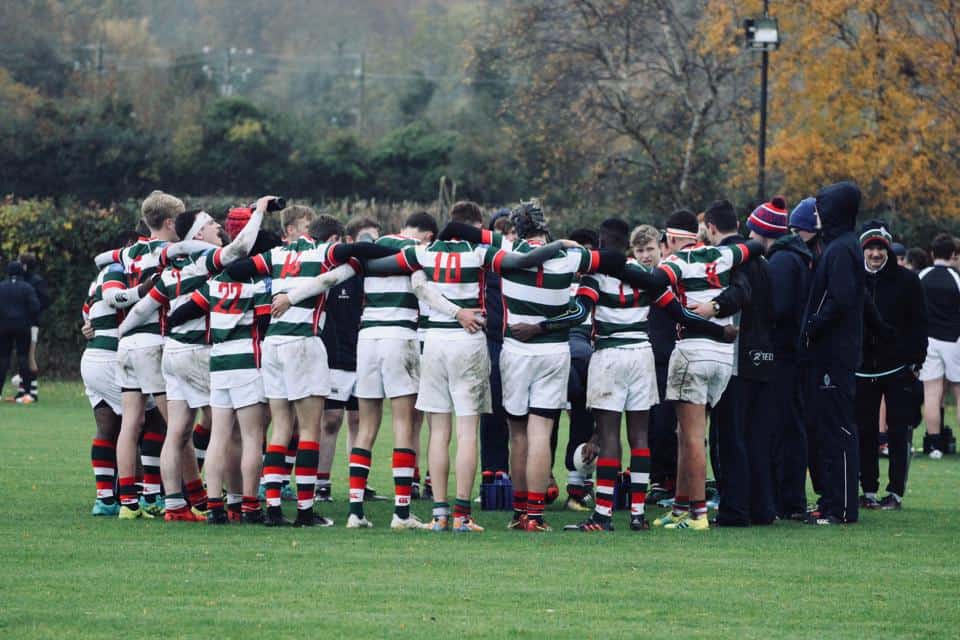
Grassroots Stories – The Collective Action Problem of Amateur Team Sports…
People join rugby teams for a multitude of reasons: to get fit, to have fun, to play a sport they love, to try something new, to make new friends… the list is endless.
As a general rule they don’t join a rugby team to increase their number of admin tasks, hours spent in committee meetings, or to improve their organisation skills. We all know that things like community groups and rugby teams are kept going by an army of volunteers who work behind the scenes tirelessly to keep things running smoothly. Sometimes they are rewarded with awards that acknowledge their work – indeed our own superstar Rhi Kennedy won the national PropStar competition this season, and our Head of Juniors Rugby Femi Oresanya has been recognised by Surrey Rugby in the past for his tireless youth work.
However, whilst this activity is not normally undertaken to gain any more reward than the outcome of the effort put in, the question of how to incentivise or encourage participation is ever prevalent within nearly all national charitable, community, and sporting organisations. The response “I just want to play” is completely understandable; at school and university taking on committee positions was a great way to bolster your CV before applying for jobs. As an adult, with work commitments, family commitments, and an ever-present desire for more sleep, why would you take on anything else if you can help it?
The answer, of course, is because someone has to.
And (perhaps obviously) if everyone does something, then that something is – each time and for each person – slightly less. It is easy to sit in a team meeting and agree that there should be a greater presence on social media, but that requires people to provide content. Rugby teams win when they have depth in their squad – recruitment needs people to go out flyering, bring their friends, commit to training and social events. It is simple stuff, but the concern that if you say yes to one thing you’ll find yourself overcommitting is an understandable and real worry for busy adults.
The advantage that sport has over any other things is that we are used to doing things for our teammates. In a rugby match, you spend the whole game putting your body on the line for the people around you. And you would do it time and time again: the trade-off is the win, the high from having played a good game, and the bond that it creates amongst the team. A rugby club is a family – sometimes you might not have as much time to see them as you’d like but whatever you can give is always appreciated, and every small effort helps. Trust us, you get to reap the rewards in exactly the same way.
It’s time to put your hand up, stand up, and be counted.
By Millie Ross



